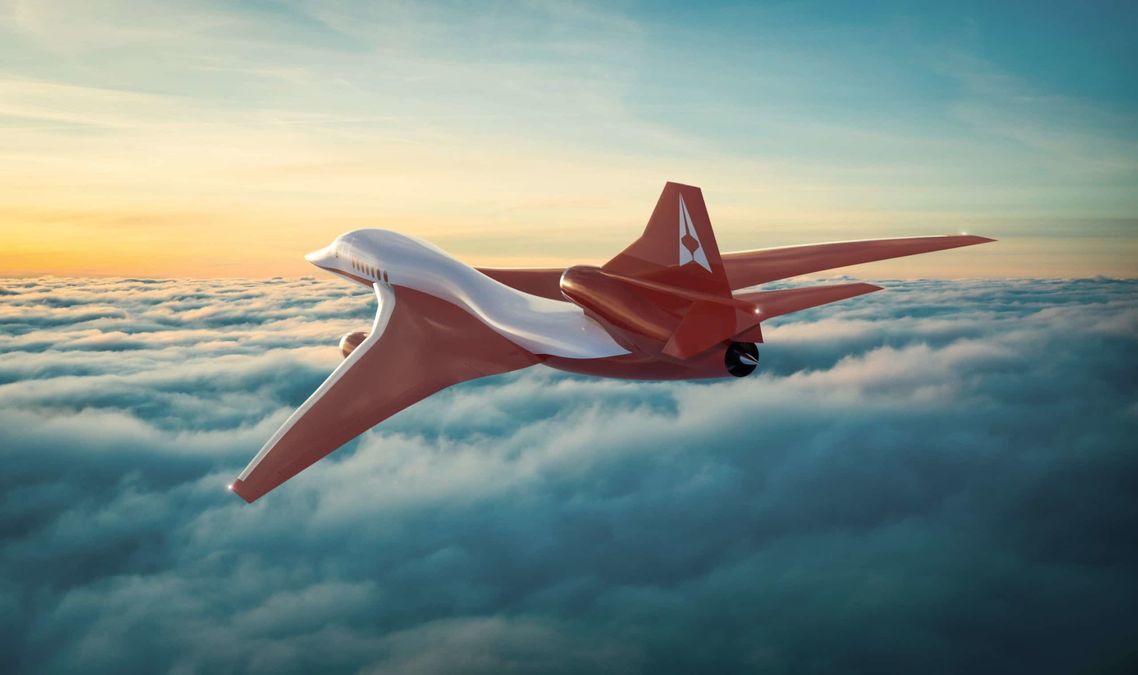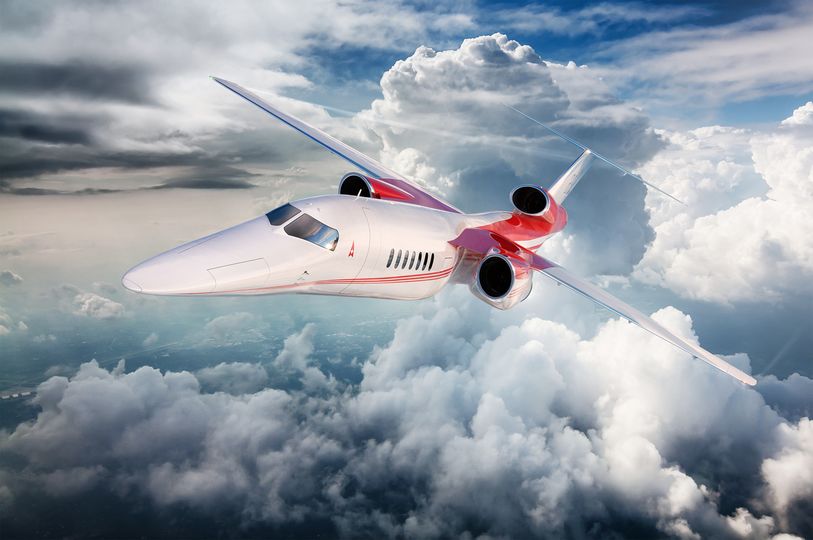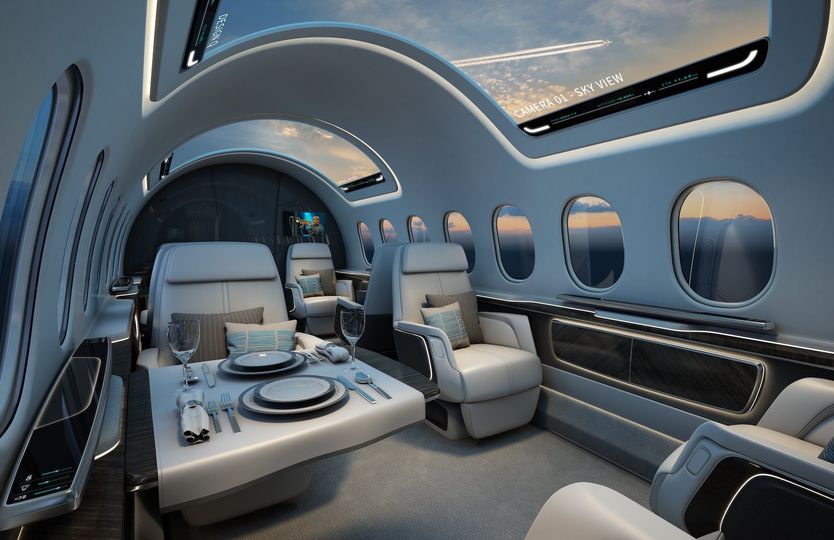Boeing-backed Aerion supersonic private jet maker collapses
Sky-high dreams dashed by economic reality as Aerion's supersonic private jet fails to make the leap from drawing board to runway.

Aerion, the supersonic-jet developer founded by Texas billionaire Robert Bass and backed by Boeing, said it’s ceasing operations after failing to secure enough money to start building the aircraft.
Raising the large investment needed to move the AS2 private jet from design to production has been “hugely challenging,” Aerion said in an emailed statement Friday.
The company had said in March that output of the first planes would start in 2023 at a factory in Florida, with the first commercial delivery expected in 2027.
The shutdown ends Aerion’s ambitions to help revive civilian supersonic travel for the first time since the 2003 demise of the Concorde.
The company had brought in Boeing, signed up General Electric to supply engines and amassed more than US$11 billion in orders, including a recent deal for 20 planes from NetJets, a unit of Warren Buffett’s Berkshire Hathaway.
Aerospace manufacturers have been hammered by the Covid-19 pandemic as passengers avoided flying and airlines stopped buying planes. Boeing, already reeling from the grounding of its 737 Max because of two deadly crashes before the pandemic, was hit especially hard.
Boeing had pledged to help with engineering and manufacturing when it announced “significant” backing for Aerion in 2019.
But the planemaker pared its funding in futuristic aircraft and dissolved its Boeing NeXt investment unit last year as it faced one of the worst financial crises in its history.
“While we are disappointed Aerion could not secure additional funding to continue their work, we remain committed to working with innovative and creative partners who, like Aerion, continue to push limits on groundbreaking technology,” Boeing said in a statement.
Earlier this year, Aerion held talks to go public through a special purpose acquisition company, people familiar with the matter said in February. But there was a chance the talks would fall apart without an agreement, the people said at the time.
Aerion’s AS2 was designed to cruise at 1.4 times the speed of sound, or a bit more than 1,000 miles per hour, over water. It would have flown at just below the sound barrier when operating over land to comply with restrictions on supersonic flights.
“Since our company’s formation, our team has created disruptive new innovations plus leading-edge technologies and intellectual property,” Aerion said.
The AS2 “meets all market, technical, regulatory and sustainability requirements and the market for a new supersonic segment of general aviation has been validated.”
This article is published under license from Bloomberg Media: the original article can be viewed here

